When you are trying to get a job in the field of industrial automation for the first time, the initial thing you must know is PLC programming.
PLC is the base of an automation system and without it, no process can function. Engineers tend to struggle a lot when getting a job for the first time in this field. This is because programming also requires a good knowledge of electrical engineering and instrumentation engineering.
PLC Programming Job
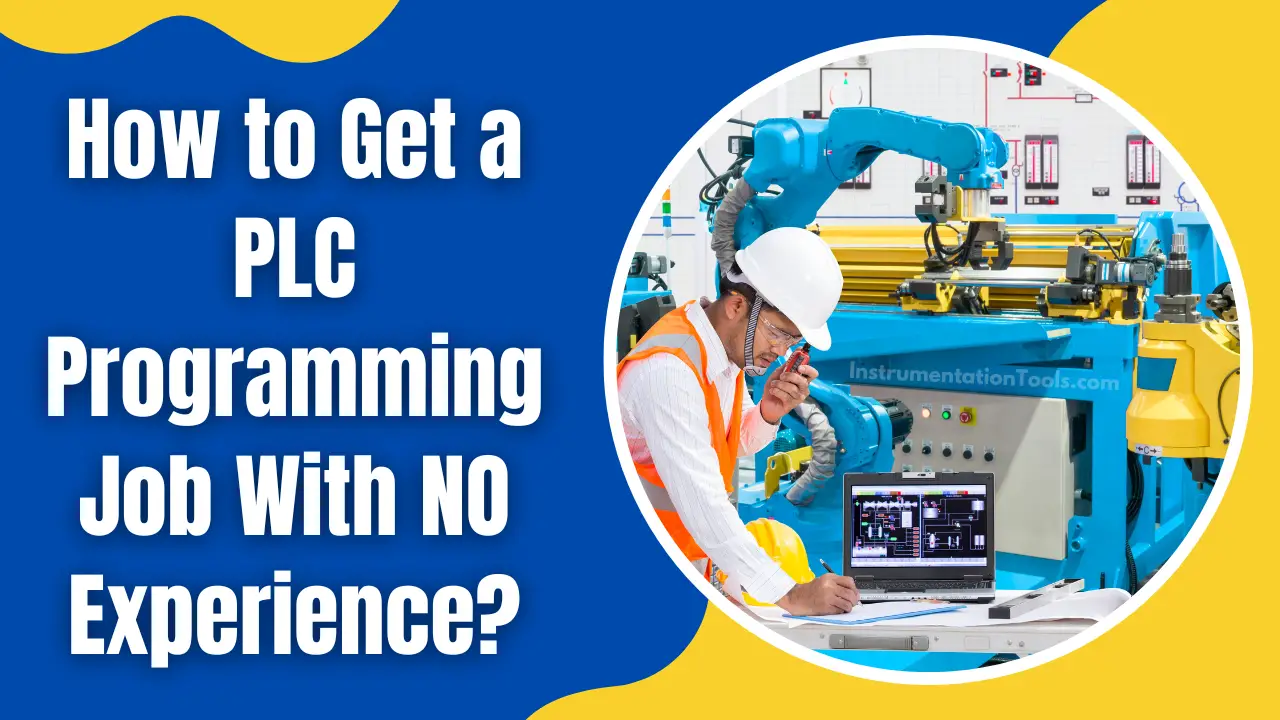
So, they often get confused about what to do and end up without a job. In this post, we will see some general tips on how to get a PLC programming job for engineers and graduates who have no experience.
How to Get a PLC Programming Job?
- Start with online courses in PLC programming.
- Obtain PLC programming certifications to showcase your knowledge.
- Create and document small PLC projects or simulations to build a portfolio.
- Join PLC and automation forums, and LinkedIn groups, and attend industry meetups for networking.
- Seek internships or apprenticeships in automation to gain hands-on experience.
- Take on freelance projects related to PLC programming to demonstrate your skills.
- Contribute to open-source PLC projects to enhance your skills and visibility.
- Learn related skills such as SCADA, HMI development, and industrial networking.
- Tailor your resume to highlight relevant skills or projects, focusing on transferable skills.
- Apply for junior or entry-level PLC programming positions and be persistent.
Join industrial automation courses
The first and foremost basic thing to do is to do an automation course. Normally, industrial automation requires graduation pass-outs from the Electronics, Electrical, or Instrumentation branches.
During their engineering tenure, there is no separate subject or syllabus which covers industrial automation. So, it will be helpful if you first of all get hands-on training in this field. Here, you will be taught from PLC programming to SCADA programming to understanding control panel wiring.
When you come out in the market and show that you have at least done a certified course, then they will think that you have a basic idea of PLC programming. This will help them to reduce their own training time and quickly handover projects to you. So, they will give priority to you rather than other candidates, because it is a natural advantage for them in this case.
Represent yourself as a top learner and employee to work
When you are giving an interview, you are not the only one. There are lots of candidates waiting for the same to jump. In that case, you must show the employer how important you can be.
First of all, build a strong resume containing technical details of the courses you covered. Then, you have to add some projects you did during that course. The recruiter will ask what you have written in the resume, so be strong in that area. With that, you can say clearly that the courses you covered were properly studied by you and that you are a good learner.
Studies do not matter every time, because apart from it, self-confidence and a positive mindset help a lot.
Always fill out complete employment forms
This is the most common mistake made by job seekers. PLC programming jobs have a quite lengthy form covering many details like PLC brands known, software languages known, IT skills known, and other data. Some people get so lazy to fill it out that they skip it and move on. If the recruiter finds that there is no form filled from your end, then they will ignore you completely.
So, always fill out the form fully and mention all details technically. Because automation demands vast knowledge, you must fill the required fields with proper comments. This will help them in properly judging you.
Apply for appropriate automation jobs
When candidates see a requirement where it is written 0-2 years of experience, then it means it can either hire a fresher or a 2-year experienced guy. So, such types of jobs are relevant. Jobs requiring experience starting from +1 are not suitable for freshers.
Now, they will write some certain skill sets required for the job profile. Do not write unless you know. If you just try to match it accordingly in the resume and when you face the actual interview, there are high chance that you will not be able to answer properly because you do not know it. So, tell them that the experience required starts from+0 and accordingly, I only know the skill sets I have learned. Then, the knowledge you know must be answered properly.
This will give the confidence that you are not a bluff and actually know your job properly.
Study the job profile and company details properly
When you are new and applying for the first time, you will always have the enthusiasm of getting selected. In that sense, you are bound to make mistakes. So, study the job description properly.
Accordingly, prepare your answers or you can also get tentative questions from Google. If you master that, then read properly about the company profile. PLC programming requires knowledge of PLC brands, programming language as well as PLC panel testing.
The company will surely mention its services online. So, you will get an idea of what they offer to customers, and how your knowledge can be blended with it. If it matches right during the interview, then you will surely get selected.
LinkedIn Profile
LinkedIn is a social media platform that caters to professional requirements, job searches, process posts, and a network of same-field representatives. If you build a strong profile of yourself on this website and are able to build a strong network of friends, then there are high chances of selection.
This is because HR representatives nowadays see this profile and understand what the candidate knows and how many people he knows. This gives your first impression of them.
You must mention what languages in PLC programming you know, what brands you know, what IT skills you know, and what technical areas you know. This makes your profile strong enough to understand.
In this way, we saw the general tips for getting a PLC programming job with no experience.
If you liked this article, then please subscribe to our YouTube Channel for Instrumentation, Electrical, PLC, and SCADA video tutorials.
You can also follow us on Facebook and Twitter to receive daily updates.
Read Next:
- Pop-up in FactoryTalk View Studio
- What is a PLC Retrofitting Project?
- Transferring Data Across PLC Systems
- What is Thin Client in SCADA?
- What is a Surge Protection Device?
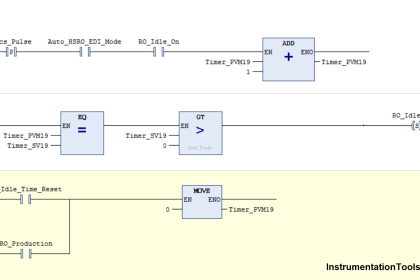
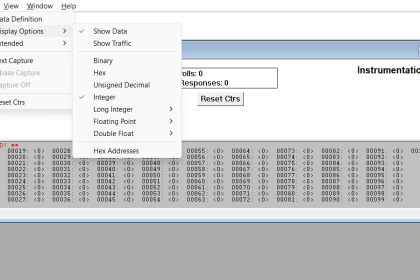
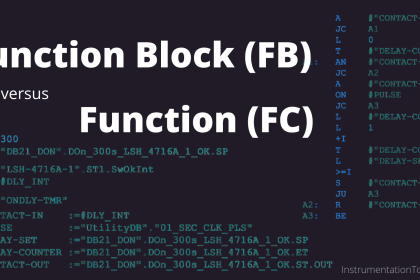
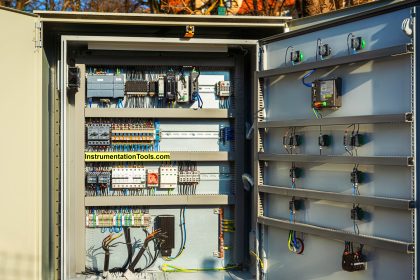
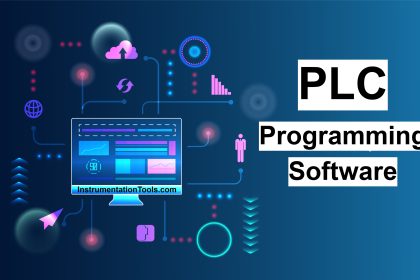
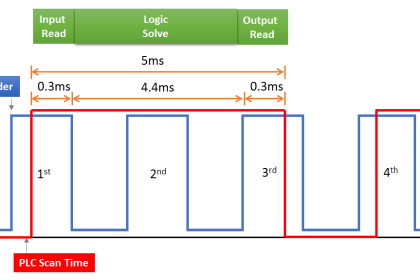
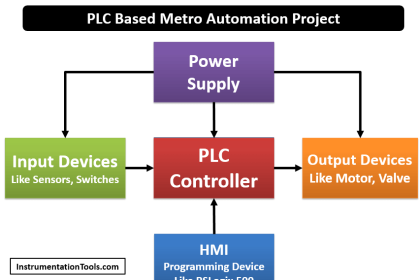
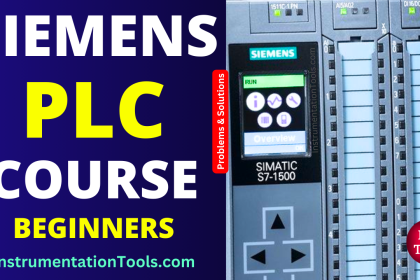
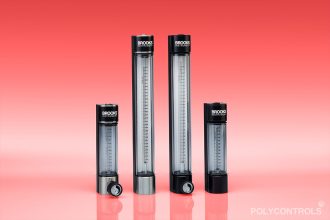

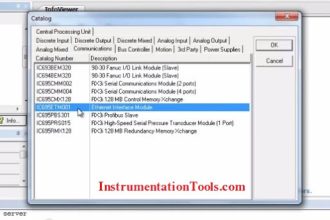

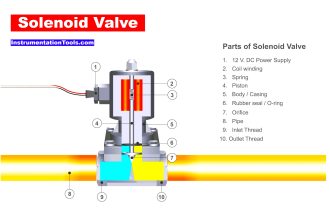
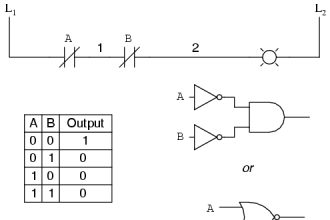
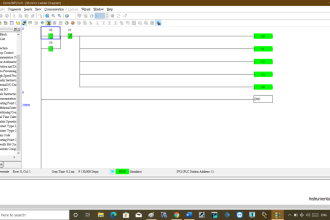
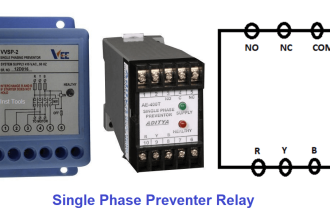

Hello, Hope you’re doing well!
I have a question I done my ITI in Power distribution and I have hands on experience in making different kind of electrical panels/plc panels how can I be a Programmer and I have basic knowledge of ladder logic in delta plc dvp series is it possible for me to become a plc programmer because I’m an ITI how much salary I get if I’ll become a programmer, and pls help out me with tips for me 🙏 to become a programmer!
Thank you , I’ll waiting for you answer!
Ashi Ameer
Here’s a revised version of your message:
Dear Mr. Ameer,
As far as I know, the minimum qualification required in the PLC field is a diploma. Since you mentioned that you hold an ITI qualification, it may not be sufficient for becoming a PLC programmer.
If you have the time, I suggest pursuing a diploma in instrumentation, electrical, or electronics. After completing this, you would be qualified to become a PLC programmer.